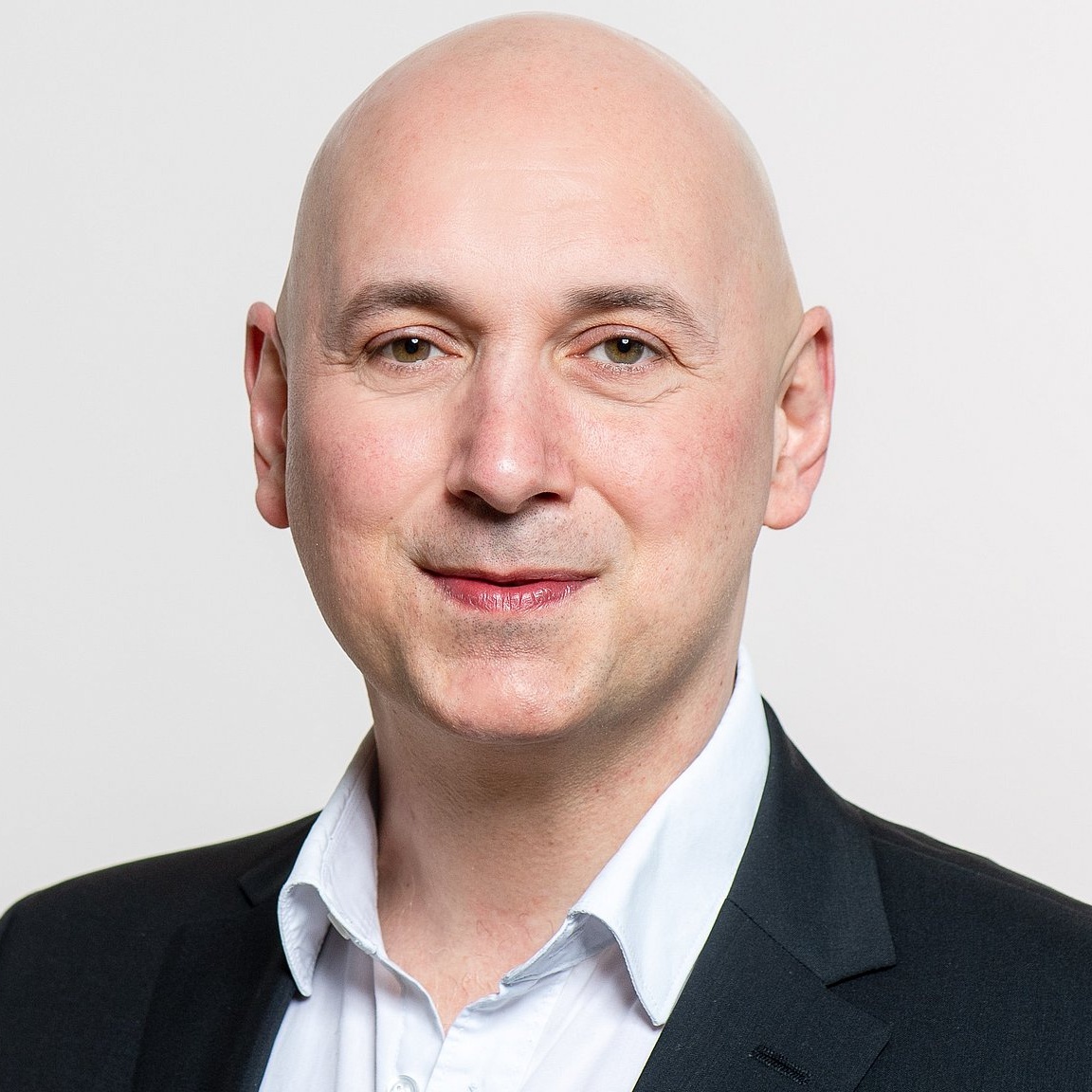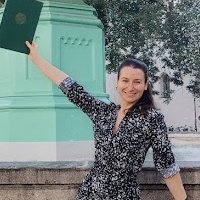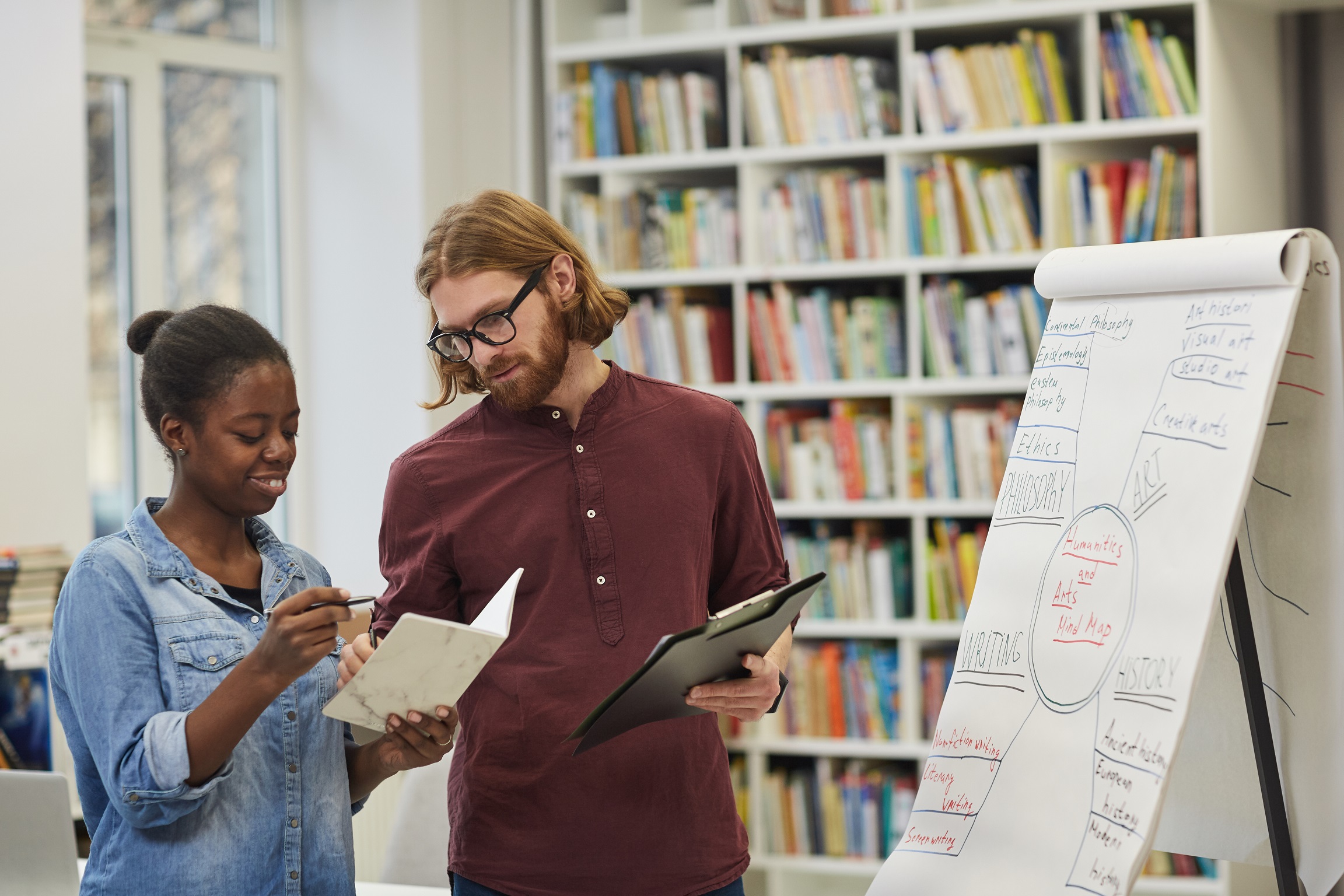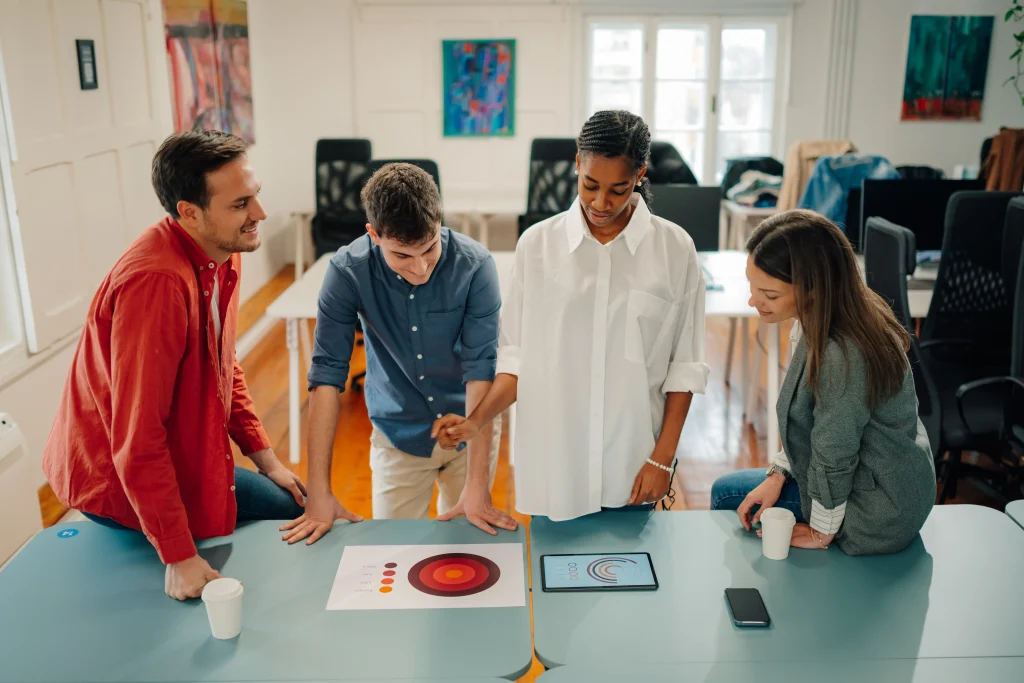Mentorship can be a powerful catalyst for both academic growth and personal development—especially in fields that tackle complex and often underrepresented public health issues. In this blog, Ana Zhelyazkova, reflects on her experience in the EUPHAnxt Mentoring Programme. Guided by Prof Orkan Okan, she explored critical topics in Health Literacy, navigated future career pathways, and built lasting connections within a supportive, cross-disciplinary community.
Mentor: Prof Orkan Okan, President, Health Literacy Section at EUPHA and Technical University of Munich, Germany
Mentee: Ana Zhelyazkova, Researcher, Institute of Emergency Medicine and Management in Medicine, LMU Klinikum Munich, Germany
My experience as a mentee with the EUPHAnxt Mentoring Programme
A few months after successfully completing my doctorate, I was able to join the second edition of the EUPHAnxt Mentoring Programme as a mentee. While already having the long awaited Dr-title might appear as a qualifying factor for a mentor role rather than a mentee, the programme allowed me to dive head-on in exploring the question that certainly many struggle with after finishing their doctorate – what comes next?
As a Public Health researcher working at the Institute of Emergency Medicine and Management in Medicine, LMU Klinikum Munich, Germany, my previous and current projects have always directly or indirectly addressed how public health and emergency medicine resemble, complement yet also contradict each other. Nevertheless, the theoretical, scientific, and empirical relationship between public health and emergency medicine is not sufficiently represented in the current didactic concepts in both disciplines. Furthermore, academic networking between researchers in the two fields is neither systematically organized nor promoted. Recognizing these gaps throughout my doctoral studies and other research projects, I wanted to actively take the initiative of bringing the theory, empirics and networking activities of public health and emergency medicine closer to each other. This idea and the pursuit of establishing myself as a researcher in this rather unexplored field led me to the main goal of my mentoring programme participation in a team with Prof. Orkan Okan as my mentor – submitting a workshop abstract together for the upcoming European Public Health Conference (EPH).
Prof. Okan’s expertise in health literacy, academic career development and network establishment helped me shape my idea into the workshop concept that received the stamp of approval from the EPHC scientific committee. My mentor (and workshop co-chair!) guided me through the whole process of preparing the abstract – starting from finding a suitable frame from the topic to phrasing the ideas in a comprehensible manner. With his support, this November in Helsinki the workshop titled “Bridging the gap between public health and emergency medicine: why and how?” (November 14, 12:20-12:45 (UTC+02:00)) will highlight the parallels between public health and emergency medicine and facilitate a discourse on the theoretical, scientific, and empirical synergies between the disciplines. Further, Prof. Orkan actively supported me in contacting and acquiring speakers for the workshop and I am delighted to include presentations by Dr. Ricardo Mexia (EUPHA-IDC) and Benjamin Belurovski (Technical University of Munich, Germany) which will showcase the connections between public health and emergency medicine.
Beyond the workshop preparation, Prof. Okan was always available and ready to candidly and extensively answer all questions I encountered during my work, irrespective of how big (e.g. “What opportunities do PostDocs even have?”) or small (e.g. “Should I add rejected proposals to my CV?”) they were. Being based in the same city, Munich, certainly facilitated our communication, as we were able to meet in person as well – that included meetings and exchanges with other colleagues and the director of my Institute. These have developed into the very first cooperation on a research project between our institutions – an effort that might not have been intended, yet essentially sprouted from the mentoring programme.
The experience of being a mentee of Prof. Okan through the EUPHAnxt programme was extraordinarily enriching and empowering. Fortunately, the end of the mentoring programme is solely the beginning of further cooperation. I am happy to share my experience from participating in the mentoring programme at the round table “Round table: EUPHAnxt Mentoring Programme: insights from Mentees” which will also take place during the upcoming EPH Conference in Helsinki – join us on Thursday, November 13, 15:15-16:15 (UTC+02:00), to learn more!

Prof. Orkan Okan
Mentor

Dr. Ana Zhelyazkova
Mentee




